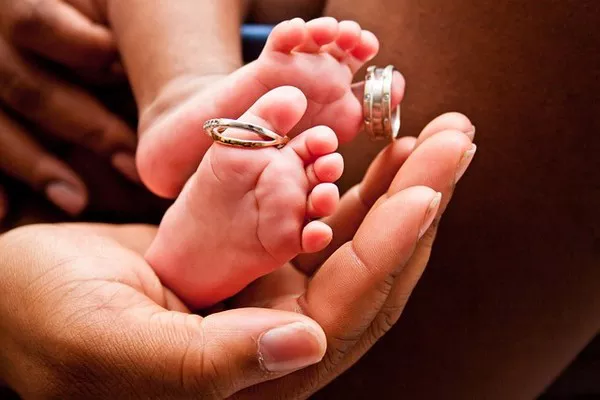Amidst the challenges of pregnancy loss, emerging research underscores the pivotal role of exercise intervention in mitigating psychological distress and enhancing physical well-being among affected women. Addressing the aftermath of pregnancy loss is imperative, given its profound impact on both physical and mental health outcomes.
Pregnancy loss, often shrouded in silence, exacts a heavy toll on women, with psychological distress prevailing as a predominant concern. Elevated rates of depression and anxiety following pregnancy loss underscore the urgent need for effective interventions to support affected women. Additionally, the post-loss period is characterized by detachment, guilt, and dissatisfaction with available support systems, necessitating targeted strategies to address these multifaceted challenges.
Exercise emerges as a promising avenue for intervention, offering a multifaceted approach to address the diverse needs of women navigating pregnancy loss:
1. Psychological Well-being:
Exercise’s mood-regulating effects hold promise in alleviating depressive symptoms and mitigating anxiety. Regular physical activity serves as a potent tool for emotional recovery, bolstering emotional resilience and fostering positive coping mechanisms post-loss. Notably, even brief bouts of moderate exercise confer tangible benefits in emotional regulation, underscoring its role as a viable therapeutic modality.
2. Fertility and Future Pregnancy:
Beyond its psychological benefits, exercise exerts favorable effects on fertility and fecundability, enhancing the prospects of future pregnancies. Moderate physical activity is associated with improved fertility outcomes across diverse demographic groups, offering a tangible pathway for women seeking to conceive following pregnancy loss. Moreover, exercise interventions tailored to women’s unique needs post-loss hold promise in optimizing reproductive health and enhancing fertility outcomes.
3. Allied Health Support:
Accredited Exercise Physiologists (AEPs) emerge as indispensable allies in guiding women through the post-loss journey. Equipped with specialized knowledge and expertise, AEPs offer tailored exercise programs that prioritize safety, efficacy, and individualized care. Collaborating with AEPs empowers women to embark on a gradual and personalized exercise regime, fostering holistic recovery and resilience in the wake of pregnancy loss.
As we navigate the complexities of pregnancy loss, concerted efforts are warranted to advance our understanding of exercise interventions in this context:
1. Research Endeavors:
Robust research endeavors are needed to delineate optimal exercise prescription parameters tailored to women post-pregnancy loss. Exploring the nuanced interplay of exercise frequency, intensity, duration, and type holds promise in optimizing outcomes and tailoring interventions to women’s unique needs.
2. Advocacy and Awareness:
Heightened advocacy and awareness efforts are essential to disseminate knowledge and promote access to exercise-based interventions for women navigating pregnancy loss. Strengthening collaboration between healthcare providers, researchers, and allied health professionals is pivotal in ensuring comprehensive support and care for affected women.
3. Equitable Access:
Ensuring equitable access to AEP services is imperative to facilitate widespread adoption of exercise interventions post-pregnancy loss. Leveraging online directories and accreditation bodies such as Exercise and Sports Science Australia (ESSA) can enhance accessibility and streamline referrals to AEPs, ensuring seamless integration of exercise interventions into post-loss care pathways.
In conclusion, the integration of exercise interventions holds immense potential in mitigating psychological distress, enhancing physical well-being, and optimizing reproductive health outcomes for women following pregnancy loss. Through concerted research efforts, advocacy initiatives, and equitable access to allied health support, we can pave the way for comprehensive and compassionate care tailored to the unique needs of women navigating pregnancy loss.


